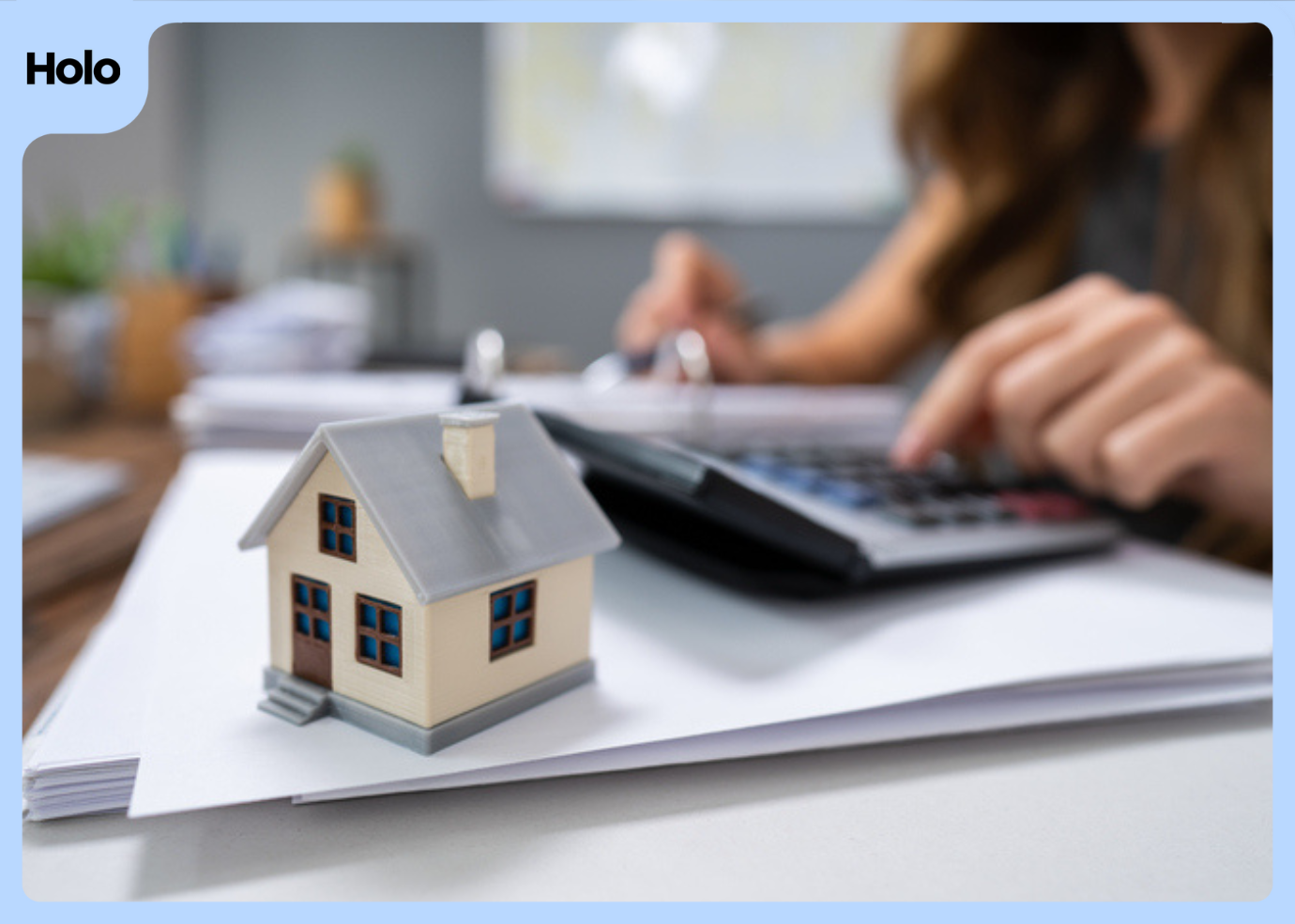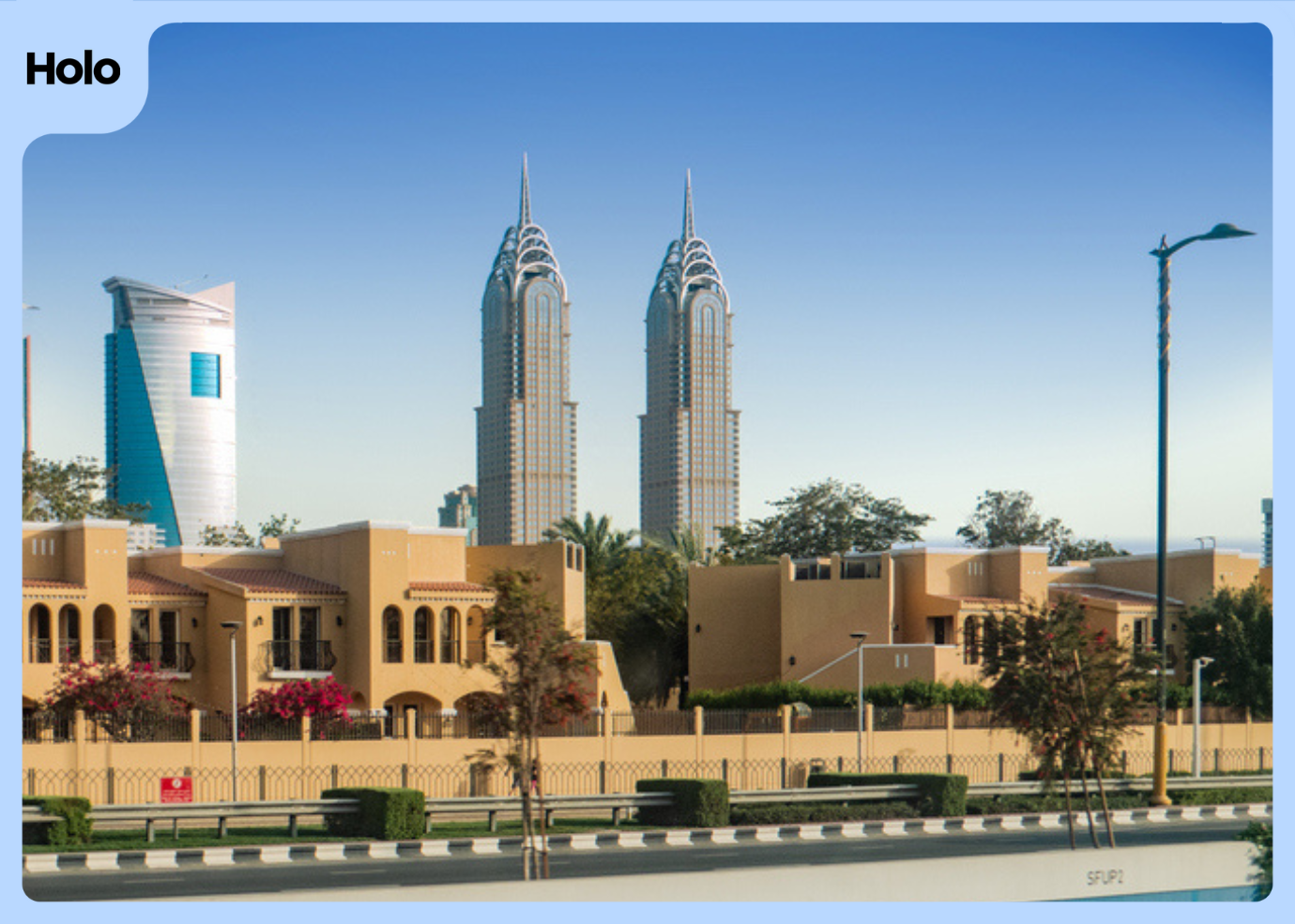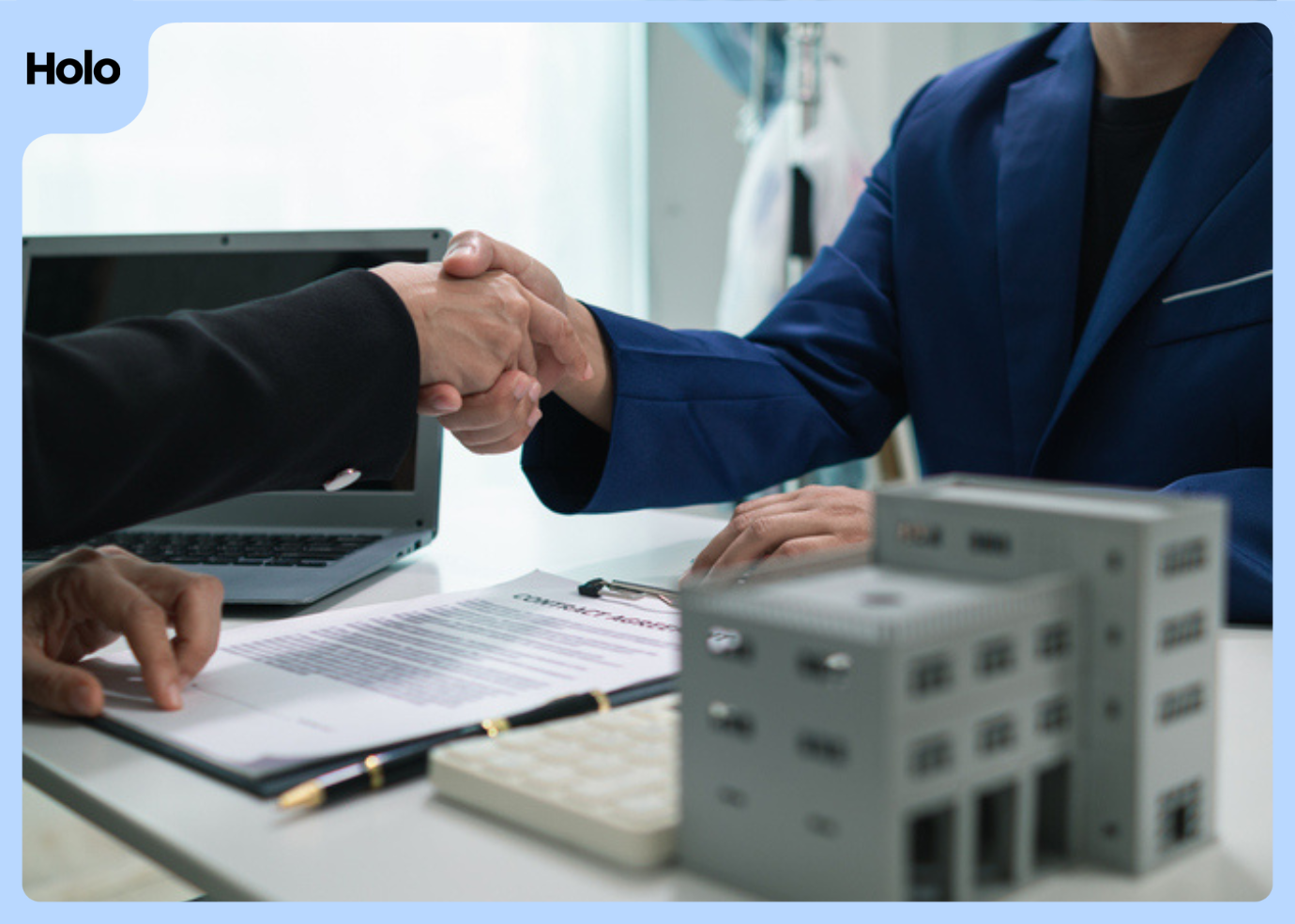
Thinking about buying a home? We've got you covered
Get expert advice today
If you're considering investing in Dubai's exciting real estate market, particularly off-plan properties, you've likely come across the term "Oqood." Understanding exactly what Oqood is and why it matters is crucial to protecting your investment and ensuring a smooth property-buying experience. In this guide, we'll cover everything you need to know about Oqood in Dubai, clearly and simply.
What is Oqood in Dubai?
"Oqood" literally translates from Arabic as "contracts." In the context of Dubai real estate, Oqood is the system established by the Dubai Land Department (DLD) for registering off-plan property purchases. Essentially, it's Dubai's way of formally documenting and protecting your purchase agreement before your property is even built.
The Oqood registration confirms that you, as the buyer, hold the right to that particular unit, officially documented by the government.
Why Every Off-Plan Property Buyer Needs Oqood
Buying an off-plan property without Oqood registration would be like buying a car without any paperwork - risky and potentially disastrous! Here's why Oqood matters:
- Legal protection: Oqood gives your purchase legal recognition by the Dubai government
- Fraud prevention: Stops developers from selling the same property to multiple buyers
- Investment security: Protects your money during the construction phase
- Transparency: Allows you to track your property's development progress
- Resale ability: Makes it possible to legally sell your property even before it's completed
- Peace of mind: Provides an official record of your rights as a buyer
Without Oqood registration, you'd have no legal claim to the property you've invested in. That's why it's not just useful - it's absolutely essential.
How Does the Oqood Registration Process Work?
Registering your property with Oqood is straightforward, but it's helpful to know the exact steps involved:
Step-by-step Oqood Registration:
- Signing the Sales & Purchase Agreement (SPA): First, you'll sign the SPA with the developer, outlining terms, payments, and delivery timelines.
- Document Submission: Next, you submit the required documents to the developer or directly to the Dubai Land Department.
- Payment of Registration Fees: You or your developer will pay the Oqood registration fees directly to the DLD.
- Receiving Your Oqood Certificate: Finally, the DLD issues an Oqood certificate, which proves your off-plan property purchase is officially recorded.
Required Documents for Oqood Registration
To complete your Oqood registration smoothly, ensure you have these documents ready:
- Valid passport copy
- Emirates ID (for UAE residents)
- Visa documentation (for expatriates)
- Signed Sales and Purchase Agreement
- Payment receipts proving registration fee payment
- Any additional documents required by your developer
Having these documents organized in advance can significantly speed up the registration process.
Oqood Registration Fees Explained
Understanding the financial aspect is key to budgeting your off-plan purchase:
- Standard Oqood fee: Typically 4% of the total property price (can vary based on developer or special promotions like DLD fee waiver).
- Administrative charges: Usually around AED 1,000 - AED 3,000 for processing fees.
- Who pays? Generally, this fee is paid by the buyer, but some developers may cover part or all of it as an incentive.
Always clarify with your developer to understand exactly what's covered.
What Does an Oqood Certificate Include?
Once registration is complete, you'll receive your Oqood certificate. This important document contains:
- Property details: Unit number, building name, location, size
- Buyer information: Your name and contact details
- Developer information: Company name and license details
- Payment plan: Schedule of remaining payments
- Project timeline: Expected completion date. This is crucial in case the project experiences any delays.
- Registration number: Unique identifier for your property
You can access your Oqood certificate digitally through the Dubai REST app or the DLD website. Having physical and digital copies is always a good idea for important documents like this.
Common Mistakes to Avoid with Oqood Registration
When registering your off-plan property, watch out for these common mistakes:
- Delaying Registration: Always register immediately after signing your SPA to secure your rights early.
- Ignoring Documentation Errors: Carefully review all documents to avoid mistakes or discrepancies.
- Neglecting Developer Credentials: Verify that your developer is reputable and officially registered to avoid future issues.
Conclusion
Understanding "what is Oqood" and its significance is fundamental when investing in Dubai's off-plan property market. With clear registration procedures, legal protections, and transparency, Oqood ensures your investment is secure and recognized.
Take proactive steps early, keep informed, and always consult with our property concierge professionals when needed. Happy investing!
Related articles

Property Tax in Dubai: Does It Apply?

How to Buy a House in Dubai from Australia


